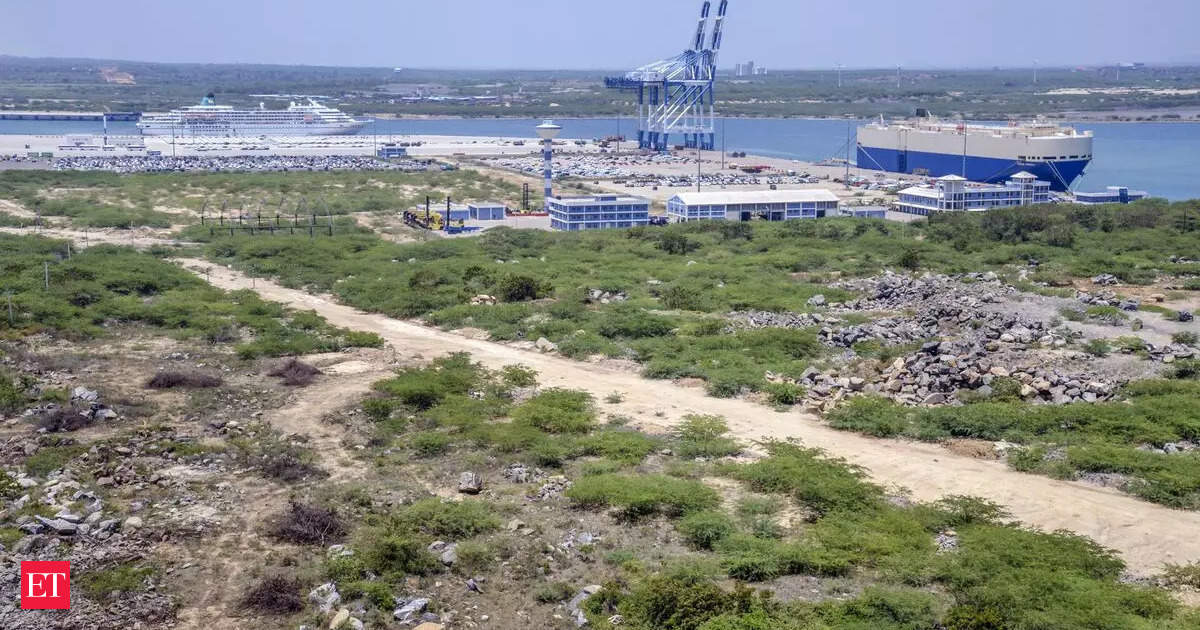The US government will invest $553 million in financing for a port terminal in Sri Lanka to curb China’s influence in South Asia. The funding will be provided by the International Development Finance Corp., making it the agency’s largest infrastructure investment in Asia. The port terminal in Colombo, being developed by Indian billionaire Gautam Adani, will help bolster Sri Lanka’s economic growth and improve its regional economic integration, especially with India. This move is significant as it comes after Sri Lanka faced an economic meltdown last year due to its massive indebtedness to China. The investment also reflects the US government’s commitment to be more engaged in development projects across the Indo-Pacific.
China has been a major investor in Sri Lanka, with investments totaling about $2.2 billion as of the end of last year. However, the US officials have criticized Sri Lanka’s Hambantota port, which was built by China, as unsustainable and a part of its “debt-trap diplomacy”. The US funding for the Adani-led port terminal shows a renewed effort to loosen China’s sway over Sri Lanka.
The funding for the port terminal project is seen as an endorsement for the Adani Group, which has been subjected to corporate fraud allegations by Hindenburg Research and media investigations. The group has denied these allegations. The Adani Group’s energy and port investments in Sri Lanka were criticized by some local lawmakers last year as being opaque and closely tied to India’s interests. However, Gautam Adani has stated that the investments are meant to address Sri Lanka’s requirements.
The DFC, which was established to aid developing nations while advancing US foreign policy goals, struggled initially to find projects due to the Covid-19 pandemic. However, its funding has accelerated in recent years as it looks to close the development spending gap with China’s Belt and Road Initiative. The agency’s investment in the Sri Lanka port terminal project is expected to create greater prosperity for Sri Lanka without adding to its sovereign debt, while also bolstering the position of US allies in the region.











